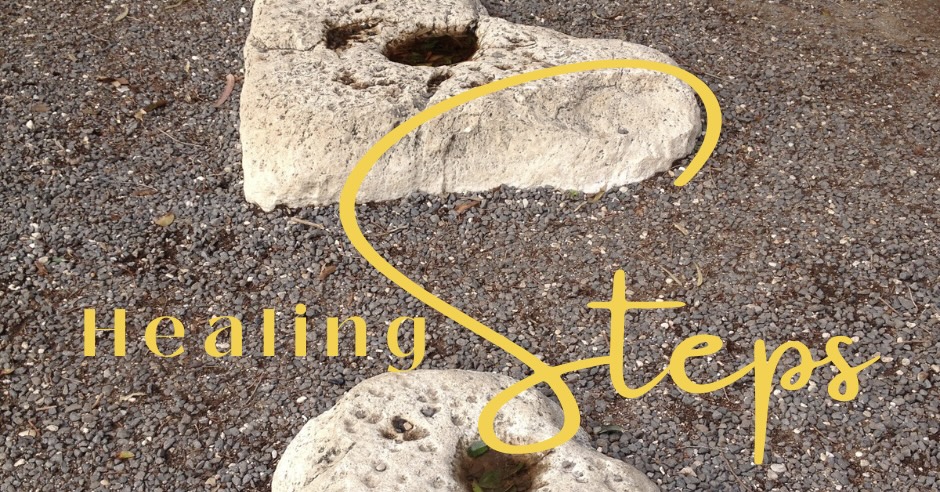Now, don’t get me wrong when I say this, but the more I explore grief and healing, the more I see how similar the grieving person is to someone struggling with an addiction.
It’s so often that I see people completely sucked down into the darkness of grief, not able to come up for air. There seems to be no way forward, only down. In both grieving and addiction, the person affected may experience feelings of isolation, loneliness, confusion, desperation, disappointment, depression, anxiety, and so much more.
As I walk the path of healing with my grieving clients, there are milestones along the way I have documented through the years (writing many of them here). It’s only in the last few months—as I’ve delved deeper into addiction healing—that I have started to see similarities. The elements of Alcoholics Anonymous’s 12-step program seem to align closely with the needs of a grieving individual, some of which include:
- Acknowledging limitations
- Acknowledging a need for a higher power
- Surrendering
- Humility
- Storytelling
- Fellowship
First and foremost, the founders of AA started with this concept: “to be human is to be limited… to be dependent.” At the start, this already directly connects with grieving, as there is perhaps nothing more isolating than loss. So many of us have walked a path of grief only to find ourselves thinking we can only depend on ourselves. The truth is, when acting alone, we are limited, and our humanity is beautifully dependent on one-another. While you can try to walk the path alone, it will remain narrow, and when you can share your journey with others, your path widens.
One of the major criticisms of AA’s 12-step program for people on the outside is the spiritual connection to a “higher power” and surrender. Many onlookers find this to be a blind step. However, this is rarely a criticism from someone within the program. Once you acknowledge you have a problem and need help and have limitations, you need somewhere to turn, someone to hand the burdens to. Because when you can turn to a higher power, you are never alone.
For a person struggling with loss, this is often a missed step. We think loss is worldly, therefore, we can handle it on our own. But like the addict, we want healing to play out like a self-help book: “You’ve got this!” Except you don’t. This is when having a guide and action steps can be helpful.
The ultimate paradox the healing person faces is that to regain power, we must abdicate control. When someone is struggling with grief, they are often struggling with guilt, anger, and unforgiveness, among other emotions. Each of these speaks to a desire to have control over something utterly uncontrollable.
In the 12-step program, there is a step linked to humility. The task is a moral inventory that looks at every person or situation touched by the addiction. Often, in grief healing, we look at the tentacles of grief and how deeply we’ve allowed it to reach. When we can take on humility, we can separate ourselves from the mistakes we’ve made in the wake of loss and move forward with determination and grace.
Actions of healing usually relate to actions of storytelling. This could be journaling, sharing stories about loss in group settings, or sharing stories about loved ones in gatherings. Whatever it is, the action of storytelling is one of healing. It’s releasing our inner demons and sometimes finding solace in the support and likeness of others.
Finally, this brings us to fellowship, which brings moments of light through the darkness, even early on. It may be hearing someone has gone through a similar stage or spending time with someone who is able to truly listen. If you’re struggling with the loss of a loved one, this could also mean sharing stories with friends and finding support, even simply through the presence of others.
Here are a few questions to help you think about this further:
- How might your healing relate to the needs of an addict?
- What theme are you struggling with the most?
- What one theme might you want to explore this week?
When you’re ready to explore further, book a time with me to get started on your healing journey.

